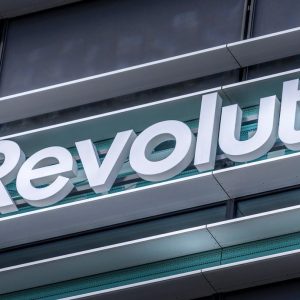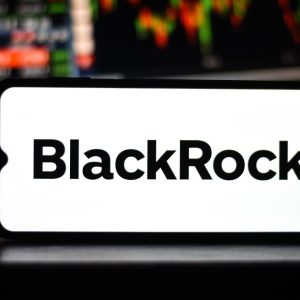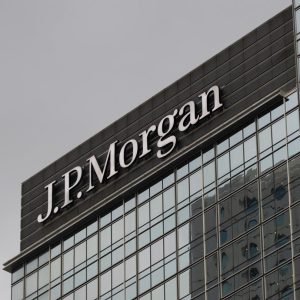The US financial regulator blamed that subsidiaries of the firm perpetuated schemes that normally involved payments of fake "commissions" or the use of third-party agents to funnel money improperly to obtain lucrative contracts.
Due to its corrupt practice, Tyco overall reaped unlawful benefits amounting to over $10.5m as a result of the paid to win business.
SEC Division of Enforcement Associate Director Scott Friestad said, "Tyco’s subsidiaries operating in Asia and the Middle East saw illicit payment schemes as a typical way of doing business in some countries, and the company illicitly reaped substantial financial benefits as a result."
The US watchdog also alleged that from 2006 to 2009, Tyco subsidiaries operated 12 different illegal payment schemes around the globe.
The firm paid more than $4.6m to get the business in Germany, while its subsidiary in China inked a contract with the Chinese Ministry of Public Security for $770,000, but reportedly paid almost $3,700 to the "site project team" of a state-owned corporation to be able to obtain the contract.
Tyco agreed to pay more than $26m to settle the SEC’s charges and resolve a criminal matter by the US Department of Justice.
In another criminal proceeding, the Justice Department entered into a Non-Prosecution Agreement with Tyco in which the company will pay a penalty of approximately $13.68m.






